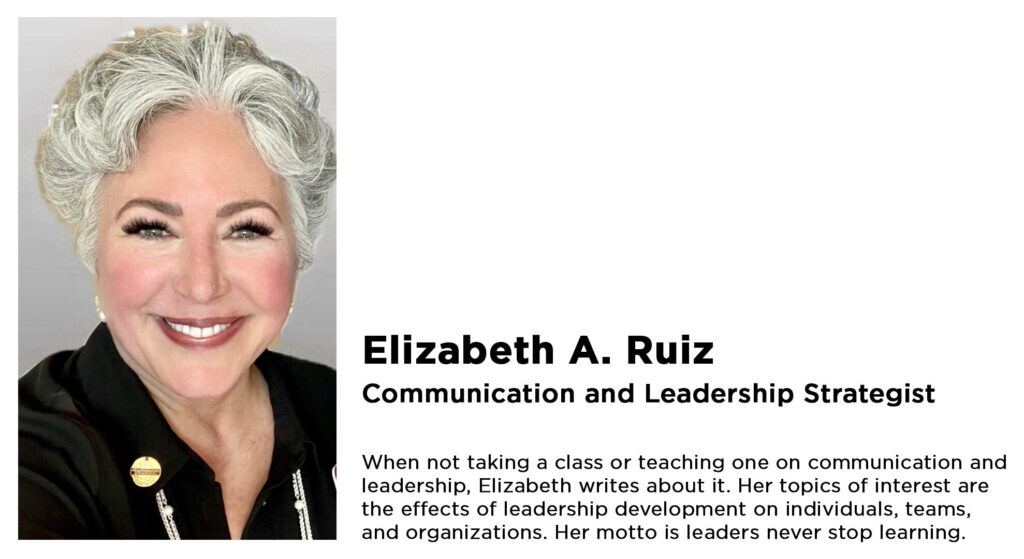Leader vs. Manager: Unveiling the Key Differences
In business and organizations, “leader” and “manager” are often used interchangeably, but they represent two distinct roles with different responsibilities and characteristics. Understanding the differences between leaders and managers is crucial for personal and organizational growth. This blog post will delve into the distinctions between these roles and highlight their respective importance.
Leaders and Managers: Defined
Let’s start by defining each role:
Leader: A leader inspires, motivates, and guides a group towards a shared vision or goal. Leadership is about setting a direction, fostering innovation, and empowering individuals to achieve their best.
Manager: A manager, on the other hand, is responsible for planning, organizing, and controlling resources to achieve specific objectives. Management focuses on efficiency, processes, and ensuring tasks are completed effectively.
Now that we have a basic understanding of the roles let’s explore the key differences between leaders and managers.
Focus on People vs. Focus on Tasks:
Leaders: They prioritize people and relationships. Leaders understand that their success is intertwined with the success and well-being of their team. They lead by example and strive to create an environment where people feel valued, empowered, and motivated.
Managers: They primarily focus on tasks and processes. Managers are concerned with getting the job done efficiently. They excel in planning, organizing, and ensuring work is completed on time and within budget.
Inspiration vs. Direction:
Leaders: They inspire and influence their team to share their vision. Leaders are often charismatic and can rally their followers behind a common purpose. They encourage creativity and innovation by setting a compelling example.
Managers: They provide direction and structure. Managers are more concerned with the “how” and “when” of achieving goals. They follow established procedures and aim to maintain stability within the organization.
Long-term vs. Short-term Perspective:
Leaders: They have a long-term perspective and are often visionaries. Leaders think beyond immediate goals and focus on the bigger picture. They create a sense of purpose that extends into the future.
Managers: They are more focused on short-term objectives and day-to-day operations. Managers aim to meet immediate goals efficiently, ensuring tasks are completed according to established plans.
Emotional Intelligence vs. Technical Skills:
Leaders: They possess high emotional intelligence and excel in interpersonal skills. Leaders understand and empathize with their team’s emotions, helping to build strong, cohesive teams.
Managers: They often rely on technical skills and expertise in their field. Managers excel in task-related competencies and are skilled at problem-solving and decision-making.
In summary, while leaders and managers play critical roles within organizations, their functions and attributes differ significantly. Leaders inspire and motivate, while managers plan and organize. Recognizing the distinctions between these roles is essential for personal and organizational success.
Ideally, a successful organization should balance effective leadership and efficient management. Leaders and managers can complement each other, creating a harmonious synergy that drives the organization toward its goals while fostering a positive and innovative work culture.
Ultimately, the best leaders often possess managerial skills, and effective managers can exhibit leadership qualities when needed. Developing a holistic understanding of leadership and management will empower individuals to excel in their roles and contribute to the growth and success of their organizations.
Connect with Elizabeth on LinkedIn.
